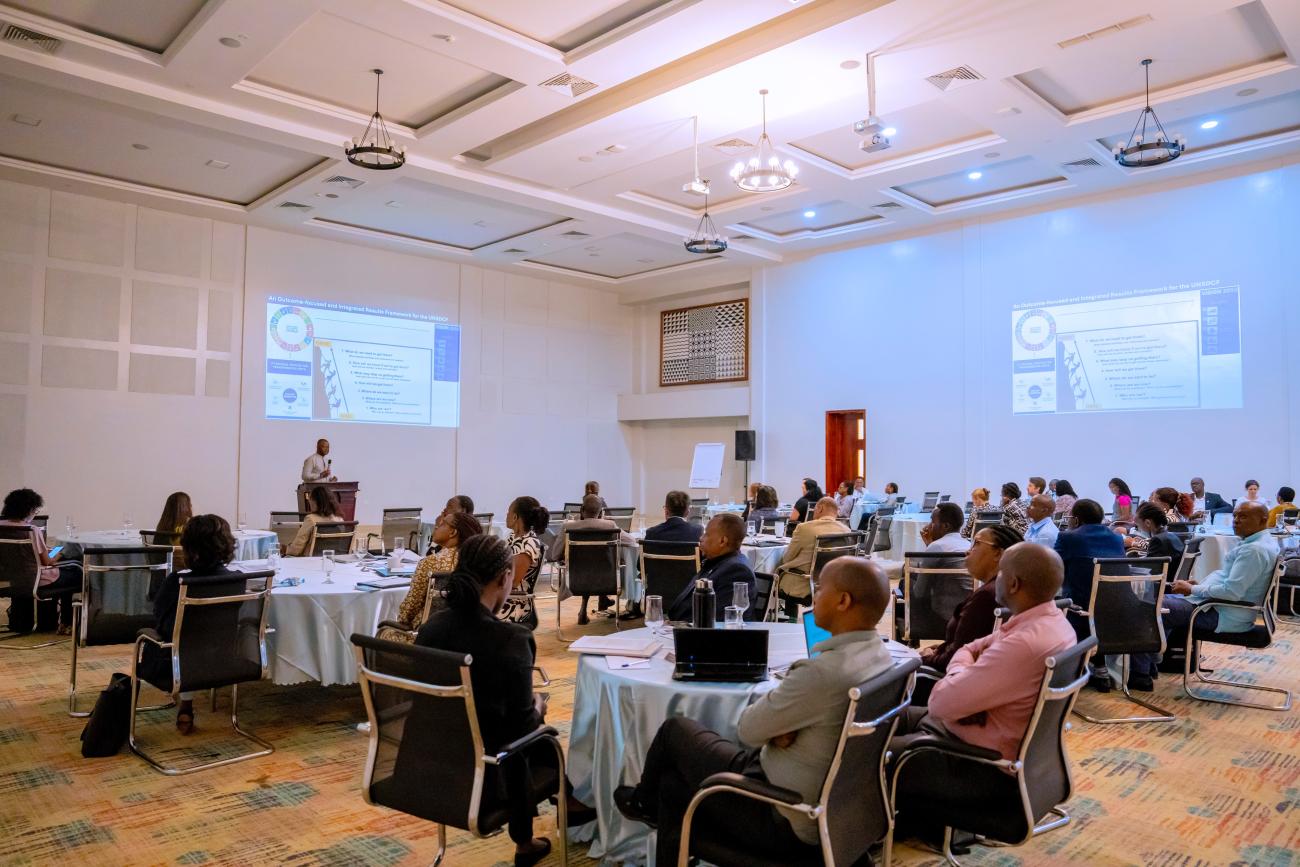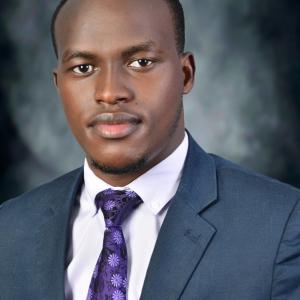Story
SHAPING A BOLD FUTURE: THE NEW COOPERATION FRAMEWORK (2025-2029)
31 October 2024

Caption: UN staff listening to Ozonnia Ojielo, UN Resident Coordinator, as he sets the tone during the Results Framework Workshop.
Photo: © UNRCO/ Aristide Muhire
Written by

Eugene Uwimana
RCO
Associate Development Coordination Officer, Programme Communications and Advocacy
UN entities involved in this initiative
FAO
Food and Agriculture Organization of the United Nations
RCO
United Nations Resident Coordinator Office
UN ECA
United Nations Economic Commission for Africa
UN Women
United Nations Entity for Gender Equality and the Empowerment of Women
UNAIDS
Joint United Nations Programme on HIV/AIDS
UNDP
United Nations Development Programme
UNFPA
United Nations Population Fund
UNHCR
United Nations High Commissioner for Refugees
UNICEF
United Nations Children’s Fund
UNV
United Nations Volunteers
WFP
World Food Programme
WHO
World Health Organization
















